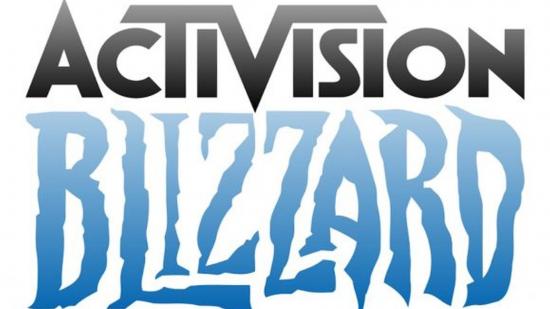Activision Blizzard offers its employees financial incentives to track their reproductive health. According to a report from The Washington Post, the developer pays its staff $1 per day in gift cards if they use a medical tracking app called Ovia.
The app’s website says that “Ovia Health’s comprehensive maternity and family benefits solution is transforming the way women and families are supported throughout the parenthood journey.” Three apps, focused on fertility, pregnancy, and parenting, are available, offering services like period tracking advice on child development.
Ovia is just one of multiple health trackers that Activision-Blizzard incentivises its employees to use. Others include Fitbit, and according to VP of global benefits Milt Ezzard, mental health, sleep, diet, autism, and cancer care trackers are also on offer. Ezzard says that while the reaction to the tracking software was initially quite negative, more and more staff eventually adopted them, enticed in part by the financial benefits. It’s not clear if those benefits stack with every app used, or if staff are paid a flat fee.
Ezzard said that “each time we introduced something, there was a bit of an outcry, […] but we slowly increased the sensitivity of stuff, and eventually people understood it’s all voluntary, there’s no gun to your head, and we’re going to reward you if you choose to do it.”
Related: Activision-Blizzard recently cut around 800 jobs
Ezzard also said that the use of the app can save both Activision-Blizzard and their staff time and money; “I want them to have a healthy baby because it’s great for our business experience.” Around 50 users may be tracking their pregnancies at any one time, although all data collected via any of the apps included in the company’s ‘well-being platform’ is handled by secure third parties and can reportedly not be used to identify individual employees.
